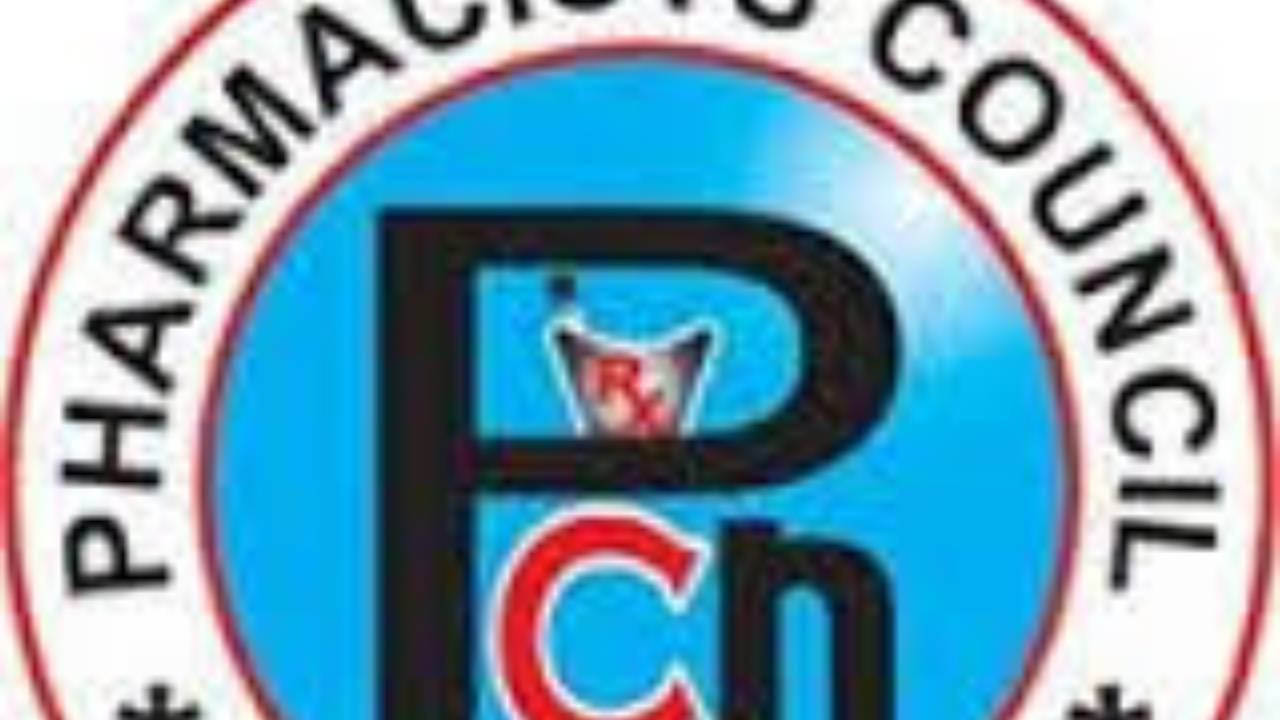The Pharmacy Council of Nigeria (PCN) has sealed 67 pharmaceutical outlets in Lagos State for operating in violation of regulatory standards.
The action, part of a state-wide enforcement drive carried out between June 16 and 17, 2025, was disclosed during a press briefing at the PCN Lagos Zonal Office in Yaba by the Zonal Director, Dr Taiwo Filusi.
According to Dr Filusi, the sealed premises included 48 illegal medicine outlets, 17 pharmacies, and 2 patent medicine shops. He said 89 premises were inspected in areas such as Mushin, Oshodi, Bariga, Shomolu, Gbagada, Oworoshoki, Ifako, Pedro, Amuwo, Mazamaza, Satellite Town, Afromedia, Iyana Iba, and Okokomaiko.
Eleven additional outlets were issued compliance directives for minor infractions.
Dr Filusi said the clampdown targeted outlets operating without registration, those that failed to renew their licenses, and shops selling controlled drugs without authorisation or professional supervision. He warned that such unregulated practices pose serious public health risks, including drug misuse, antimicrobial resistance, and preventable deaths.
“Medicines are not ordinary commodities. They require careful handling and professional oversight. The uncontrolled operation of drug outlets fuels self-medication and public health crises,” he said.
He reaffirmed the Council’s commitment to ensuring medicines are handled by qualified personnel in line with national regulations, and warned operators against tampering with government seals or ignoring compliance directives.
The enforcement operation was conducted in collaboration with law enforcement agencies and the National Agency for Food and Drug Administration and Control (NAFDAC).
In his remarks, the Lagos State Chairman of the Pharmaceutical Society of Nigeria (PSN), Pharm. Babayemi Oyekunle, commended the PCN for what he described as a bold and necessary step to protect public health.
“This is not just an enforcement exercise; it’s a strong statement in defence of the well-being of Lagosians. Illegal drug outlets put lives at risk by distributing substandard and counterfeit medicines,” Oyekunle said.
Also speaking, Chairman of the Association of Community Pharmacists of Nigeria (ACPN), Lagos Chapter, Pharm. Tolulope Ajayi, warned that medicines sold without professional guidance could become “potential poisons.”
“This exercise is critical to reducing treatment failures, drug resistance, and unnecessary deaths in our communities,” Ajayi added.
The PSN and ACPN urged members of the public to report suspicious pharmaceutical activities to the appropriate authorities and pledged to continue supporting the fight against quackery and substandard practices in the health sector.





